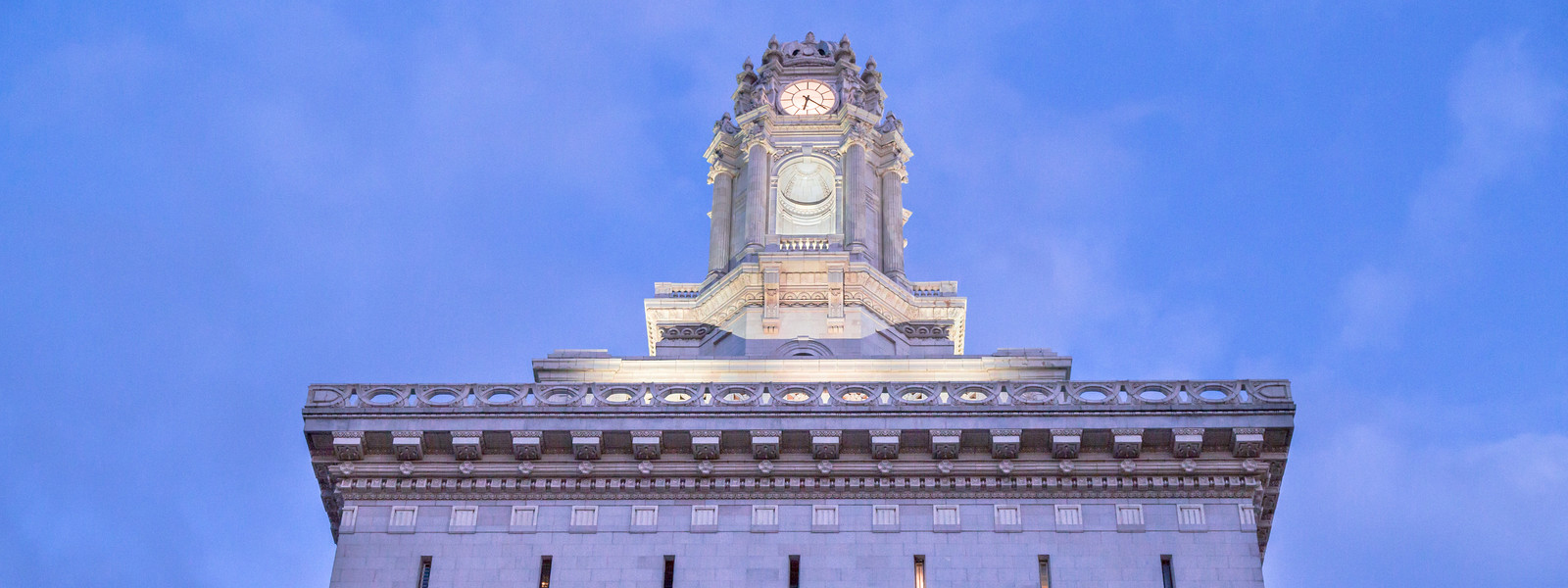A series of new Planning Code amendments that impact various business activities and project zoning requirements were adopted by the Oakland City Council on June 2 and June 9, 2020. Each of these changes go into effect July 2, 2020, with the exception of changes to Auto Repair and Cleaning Activities in the D-BV-4 Zone and the expiration of Activity Variances, which were adopted and made effective immediately.
The changes that went into effect on June 2, 2020 are as follows:
- Activity Variance Expiration (New Section 17.148.120): The new regulation extinguishes an activity variance if the activity has ceased operation for two or more years with a possible one year extension to three years total.
The changes that went into effect on June 9, 2020 are as follows:
- Auto Repair and Cleaning Activities in the D-BV-4 Zone (Section 17.101C.030): The new regulations conditionally permit auto repair activities in the D-BV-4 Zone where it is currently prohibited as a stand-alone activity on a lot. This zone is located behind Broadway Auto Row, between 26th and 30th Streets.
The various code changes going into effect July 2, 2020 are as follows:
- Home Occupation Business Regulations (Chapter 17.112): The changes adopt replacement home occupation regulations that apply to properties in the West Oakland Specific Plan (WOSP) area and the D-CE-3 Zone. The changes now allow: 1.) home occupation businesses in detached accessory structures, 2.) an employee at the home, and 3.) customers by appointment throughout the City. Other changes were also adopted (see summary for details).
- Other Minor Changes:
- Reduce setbacks in Mixed Housing Type Residential Zones (Table 17.17.04)
- Create dwelling unit credits for additional activities in the D-BV-1 Zone (Table 17.101C.01)
- Lift restrictions on locating Nonresidential Activities above Residential Activities in commercial zones (Section 17.102.180)
- Allow temporary razor and barbed wire around construction sites (Chapter 17.108.140(B))
- Extend the distance limit for fences and walls in nonresidential zones to within ten feet of the public right-of-way or open space zone (Section 17.108.140(C))
- Remove the prior erroneous Conditional Use Permit (CUP) requirement for a change in a nonconforming activity involving the sale of alcoholic beverages in restaurants mapped in a restricted area (Section 17.114.070)
- Change the parking requirements for Group Assembly Commercial Activities (Section 17.116.080)
- Require multifamily dwellings of five or more units in the CBD and D-LM zones to provide car-sharing spaces and transit passes (Section 17.116.105)
- Require Conditional Use Permits (CUPs) related to Planned Unit Developments and subdivisions to be applied for simultaneously (Section 17.134.110)
- Require design review and subdivision permits be considered together (Section 17.136.120)
- Allow developers two years to submit their Final Development Plan (FDP) after PUD approval (Section 17.140.040)
- Prohibit Permanent Residential Activities as an allowed bonus through the PUD process (Section 17.142.100)
- Require that appeals be filed with the Bureau of Planning using a form prescribed by the Planning and Building Director (Sections 17.01.080B, 17.132.040, 17.134.070A/B, 17.136.090, 17.140.070, 17.144.070, 17.144.090, 17.148.070A/B, 17.152.070, 17.156.170, and 17.157.140)
- List Special Project Design Review as a discretionary permit under the California Environmental Quality Act (CEQA) (Section 17.158.190)
For further details on these changes, please review Planning Code Amendments Adopted on June 2 and 9, 2020.
